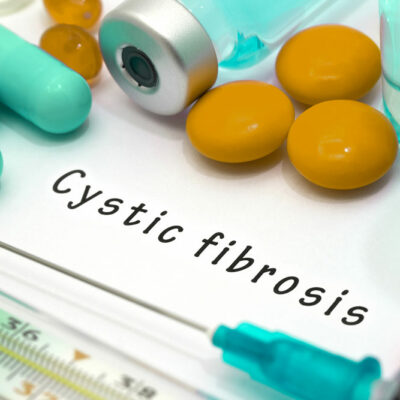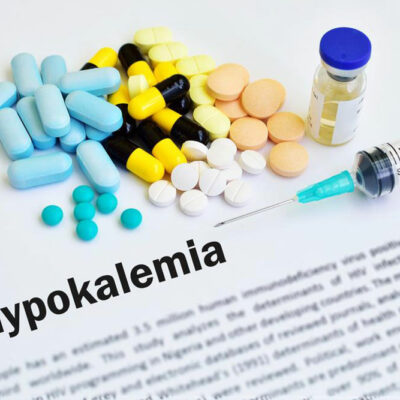
Causing factors of peptic ulcer
A peptic ulcer is a type of sore that develops in the lining of the stomach, duodenum or lower part of the esophagus. The word “ulcer” refers to open sore, and “peptic” means that acid is the cause of the sore. It is a general belief that excess acid is the major cause of ulcer disease. But, the major cause of ulcer is the infection of the stomach caused by a bacterium named “Helicobacter pylori” (H. pylori). The common cause of peptic ulcer is listed below.
Helicobacter pylori (H. pylori)
Helicobacter pylori is a spiral-shaped bacterium. It is a type of bacteria that can infect and can cause chronic inflammation in the stomach and duodenum. H. pylori cause gastritis by invading the lining of the stomach and duodenum and produces a cytotoxin termed vacuolating cytotoxin-A (substances that has a toxic effect on cells such as a toxin or antibody), and thus leads to ulcer formation. Infections caused by H. pylori may include;
- Nausea
- Vomiting blood
- Belching or burping
- Bloating (swelling)
- Diarrhea
- Abdominal discomfort and pain
- Passing dark or tarry like stools
- Fatigue
- Anemia (low red blood cell count)
- Decreased appetite
- Bad breath
H. pylori infection is also spread food, water, or utensils. The spread of this bacterium is common in unhygienic communities, where there are no clean water facilities and good sewage systems. One can also pick up the bacteria through contact with the saliva or other body fluids of an infected people. Good hand washing and with uncontaminated water and other cleanliness habits will reduce the chances of infection. At present, there is no vaccine available against H. pylori to prevent the infection.
Nonsteroidal anti-inflammatory medications (NSAIDs)
NSAIDs are medications that relieve pain and reduces inflammation. These medications are used for the treatment of arthritis and other painful inflammatory conditions in the body. These NSAIDs causes more than 50% of peptic ulcers. They cause severe gastrointestinal (GI) bleeding and ulcers in some people. Some of the prescribed NSAIDs that causes ulcer may include celecoxib (Celebrex), diclofenac, diflunisal (Dolobid), etodolac, flurbiprofen, ibuprofen, indomethacin (Indocin), and etcetera. The side effects of NSAIDs are as follows:
- Bloating
- Heartburn
- Stomach pain
- Nausea
- Vomit that looks like coffee ground
- Diarrhea, or constipation
- Unexplained bruising and bleeding
- Stools that are bloody, black, or tarry
- Bloody or cloudy urine
- Blurred vision
- Severe stomach pain
- Trouble breathing or unusual cough
- Chest pain
- Extreme fatigue
Cigarette smoking and alcohol
People who smoke cigarettes are more likely to develop a peptic ulcer than people who do not smoke. Smoking is not only the causes of ulcer but it increases the risk of complications. It may lead to complications such as bleeding, obstruction, and perforation. Also, alcohol increases stomach acid production and binge drinking may lead to ulcer formation.
It is important to know the cause of any infection or disease so you can get the right treatment. To start the treatment of peptic ulcer, the doctor first makes a diagnosis to find out the cause to provide the right treatment.


